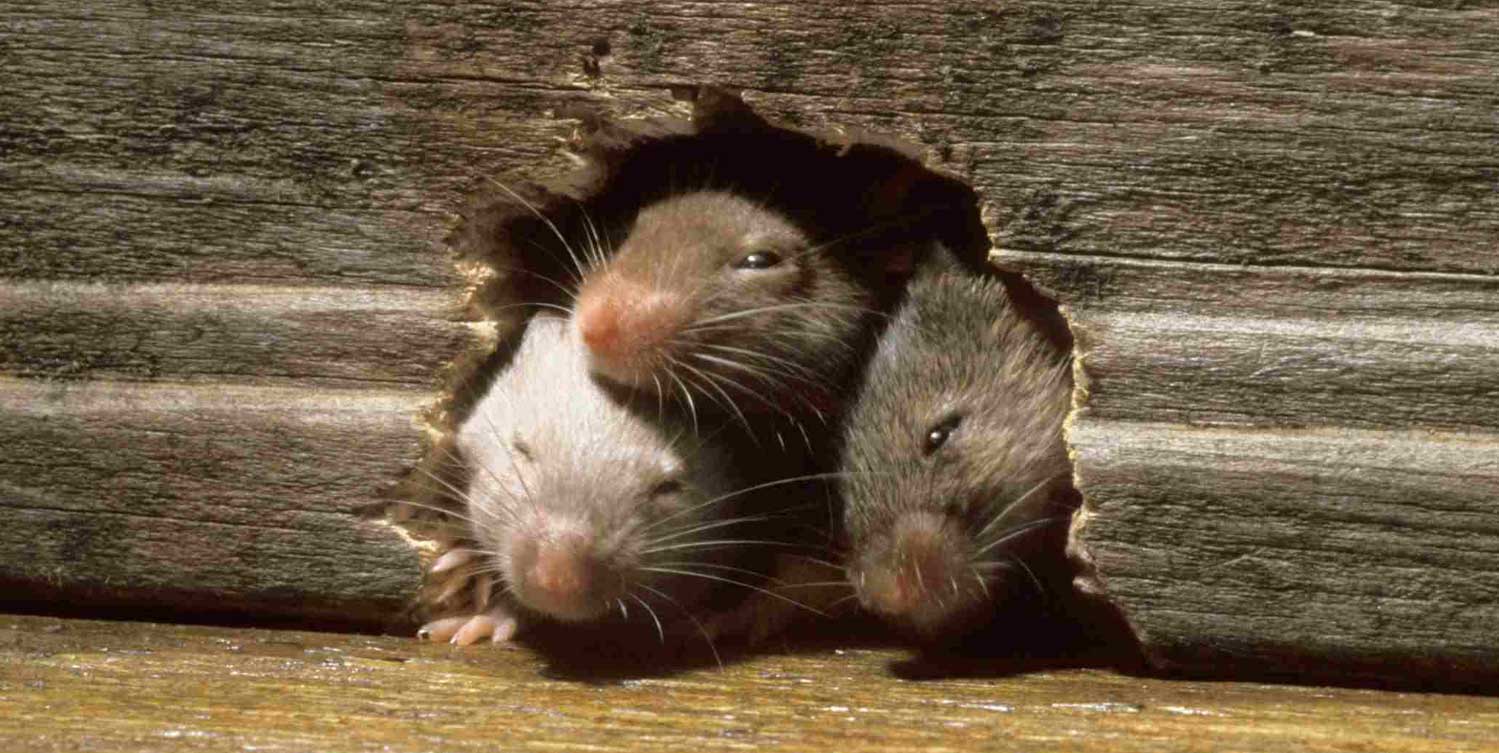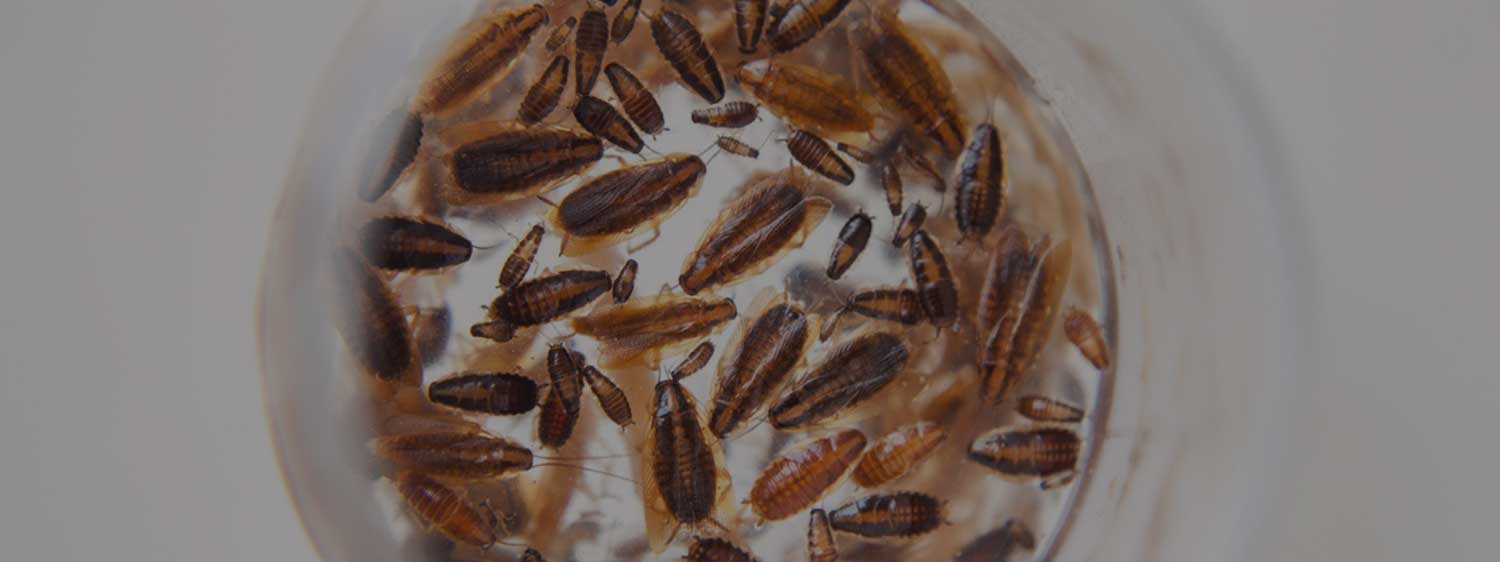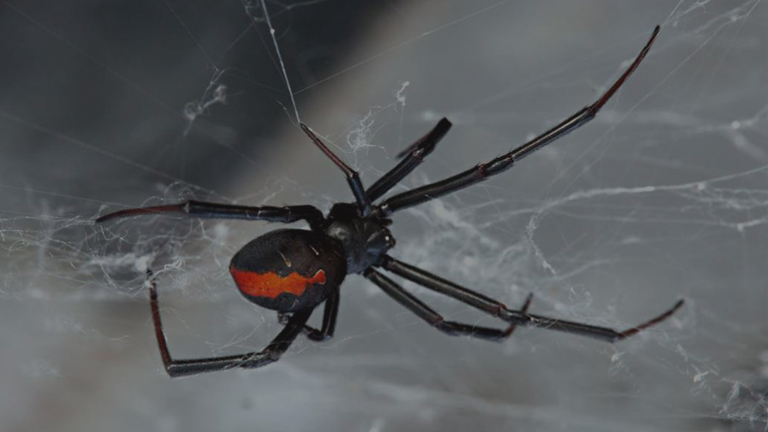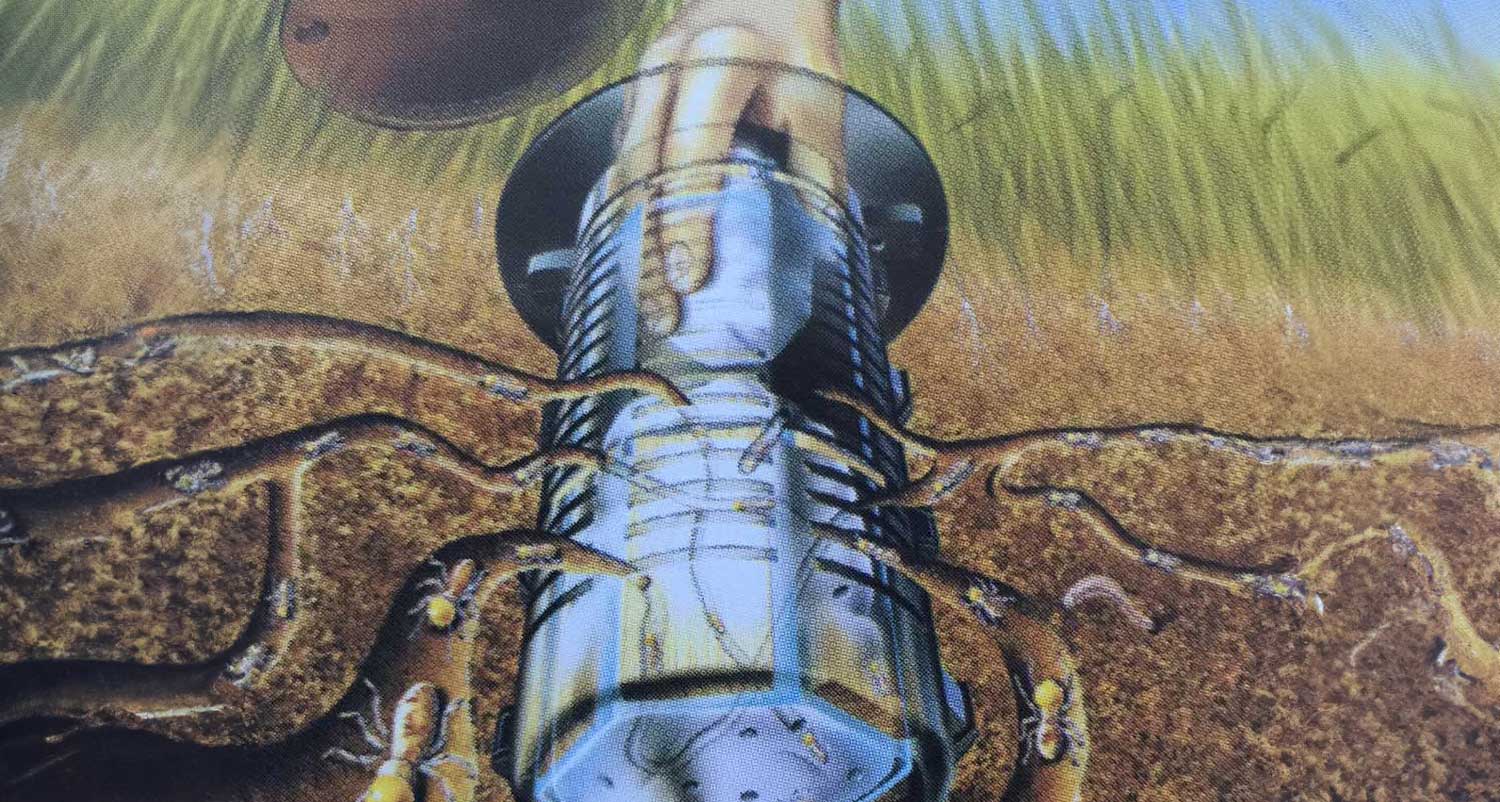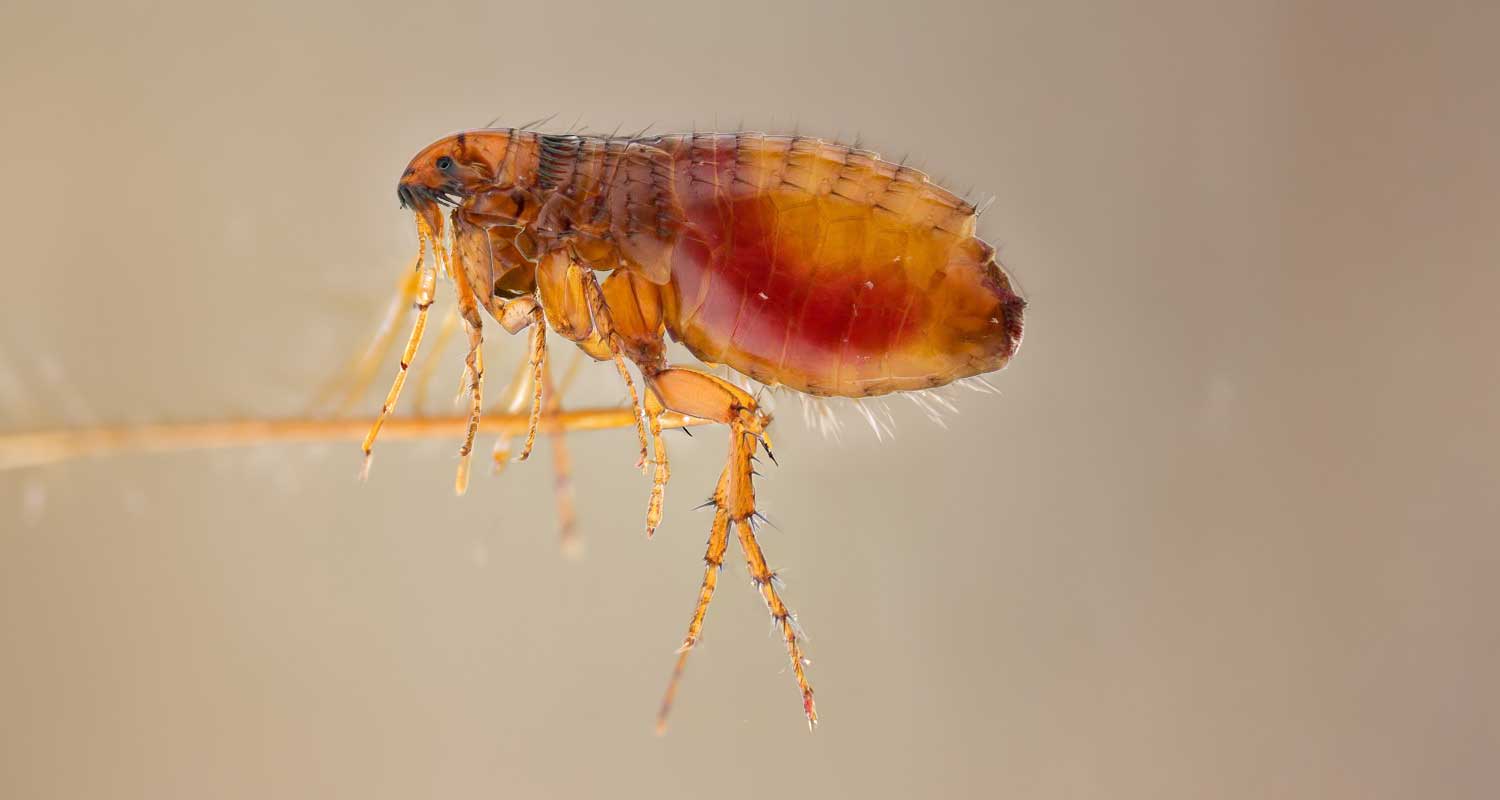Can’t figure out if you have a mouse vs rat?
Sure, they may look and act the same. But there are subtle differences between rats and mice. From their appearance and behaviour through to their diet and lifecycle. Of course, rodents are incredibly fast and discreet which makes it hard to spot the difference at a glance.
By being equipped with the basic facts, you can more effectively protect your home or business from an infestation, and enjoy peace of mind knowing your most valuable investment is safe.
Appearance – Mouse vs Rat
Generally speaking mice are smaller than rats. To be exact, the average size of an adult mouse is 12-20 cm while an average adult rat can grow to a length of 40 cm or more.
While this is a useful way to identify a rodent, the only downside is you could easily mistake a young rat for an adult mouse. So you need to rely on other visual clues to differentiate between the two.
The good news is, you can quickly spot the difference between rats vs mouse if you follow this simple checklist:
• Ears: Mouse tend to have large floppy ears, while rats have smaller and more subdued ears.
• Tails: Both mouse and rats have similarly long, thin tails. But only mice have hair on theirs.
• Snouts: Pointy, triangular shapes define the common mouse, while rats have a more blunt shaped face. Both animals have long whiskers of a similar length.
• Colour: Mice and rats come in a range of colours including white, grey, black and brown.
Behaviour :
They key difference between mice vs rats is that mice tend to be more bold and eager to explore new areas.
For instance, a mouse is more likely to take interest in a trap than a rat, who will be more guarded and cautious. And since mice are smaller in size, they can easily sneak through concealed spaces to access parts of the home that are hard to reach.
Another key difference is climbing ability. Mouse are highly skilled at climbing so they can access the top of kitchen cabinets, wardrobes and shelving. Although rats can also climb, they prefer to stand on ground level behind furniture, in basements and drainage pipes.
Do you need help to eliminate pest?
Say goodbye to unwanted intruders and regain control of your environment. Contact Us For a Free quote
Damage and Health Risks :
In terms of damage, both mice and rats are highly destructive creatures who can cause thousands of dollars in property damage. Sometimes damage may occur to the property in areas you cannot see. For instance, insulation in the rooftop. So it’s important to have your home regularly inspected for rodents to avoid a major repair bill.
Below are some of the most common types of damage caused by rodents:
- Chew on electrical cables which increases the risk of fire hazard
- Destroy rooftop insulation material
- Tear into food in the pantry and leftover, exposed food in main living areas
- Consume organic materials such as wood chips, paper and even clothes (Note: rats are more capable of penetrating through food packaging made of plastic, aluminium and metal)
Don’t forget about the health risks too. Both rodents are known to carry a swarm of infectious disease, which they can transmit by contaminating nearby food and spreading germs across a surface.
Some of the most common diseases transmitted by rodents include salmonellosis, which can cause diarrheal and illness; tularemia, which can cause fever, skin ulcers and chest pain; and even the plague, which is accompanied by chills, abdominal pain and shock.
Treatment
Once you see a live rodent or spot the above-mentioned signs of infestation, act fast. Take note of where you saw the creature or the sign of damage, and try to retrace the path back to its hiding spot. Try placing a trap near the most likely spot of mouse or rat activity. Keep it there for 24-hours and see if the rodent is either caught, consumes the bait or leaves it alone entirely. If the rodent is caught, great work! If only the food is consumed, you may have a curious mouse who is not afraid to explore their surroundings. But if the trap was left alone entirely, you may have a cautious little rat on your hands.
If you don’t have the time or resources to handle a rodent problem on your own, let the experts do the hard work.
At Critter Busters, our highly qualified pest controllers use their knowledge of rodent behaviour and the latest treatments to control and manage infestations of any size. All of our products and services are backed by a satisfaction guarantee, so you can rest easy knowing your home and family is safe for the long-term.
For peace of mind and comfort, contact Critter Busters on 0405 692 535 or send your online enquiry.

